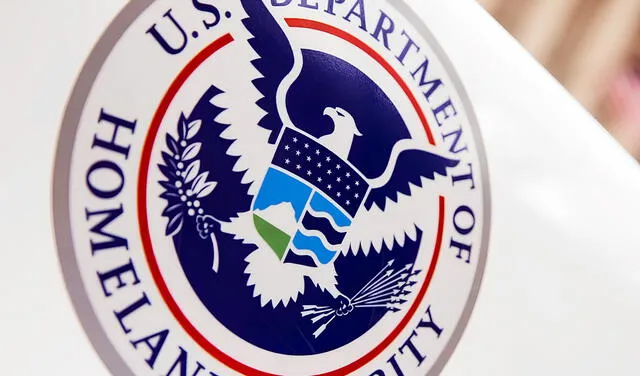Attention, immigrants! Here are the USCIS' key changes you need to know for 2025
The U.S. Citizenship and Immigration Services (USCIS) has announced a major change that will benefit many immigrants: the elimination of the additional fee for biometric data collection on several commonly used immigration forms.

U.S. Citizenship and Immigration Services (USCIS) has announced an important change that serves to greatly benefit many immigrants: the biometric fee has been removed from several frequently used immigration forms. This is meant to streamline the immigration process and save applicants money, as well as time.
Biometric data collection—fingerprints, photos, and signatures—is an essential step in verifying immigrants' identities and protecting national security. Starting in April 2025, USCIS has included this step as part of normal processing fees associated with immigration forms and removed the $85 fee from certain forms.
USCIS: Which forms no longer require a biometrics fee?
The USCIS decision has a beneficial effect for all immigration applications, specifically for the high-demand applications. There are specific forms that do not charge a biometrics fee as a result of the recent rule.
The following forms will no longer charge fees for biometrics:
- Form I-485: Application to register permanent residence or adjust status, related to legal permanent residency (Green Card) in the U.S.
- Form I-765: Application for work authorization, for individuals who want to work lawfully while their immigration status is determined.
- Form I-131: Application for travel documents, for example, advance parole for reentry into the U.S.
- Form N-400: Application for U.S. citizenship under the naturalization process.

USCIS is the agency responsible for immigration programs in the U.S. Photo: AFP
Why are biometrics important for USCIS?
While there will most likely not be a specific charge for your biometric processing on most forms, while the collection of biometric data will still continue to be a required element of many immigration processes.
That data is utilized by USCIS to verify the identities of applicants and determine if there is any record of criminal background checks, as well as to maintain the integrity of the U.S. immigration system.
"This process is invaluable to the protection against fraud and for national security," according to the agency's official guidelines. While the collection process will occur, this is done at authorized facilities, the collection of the photo, fingerprint, and digital signature correlates to the form.
What is USCIS?
The USCIS (U.S. Citizenship and Immigration Services) is the federal agency responsible for processing visa, residency, and citizenship applications.
Its duties include managing naturalization processes, handling asylum and refugee requests, conducting security background checks, and overseeing other immigration-related benefits.












